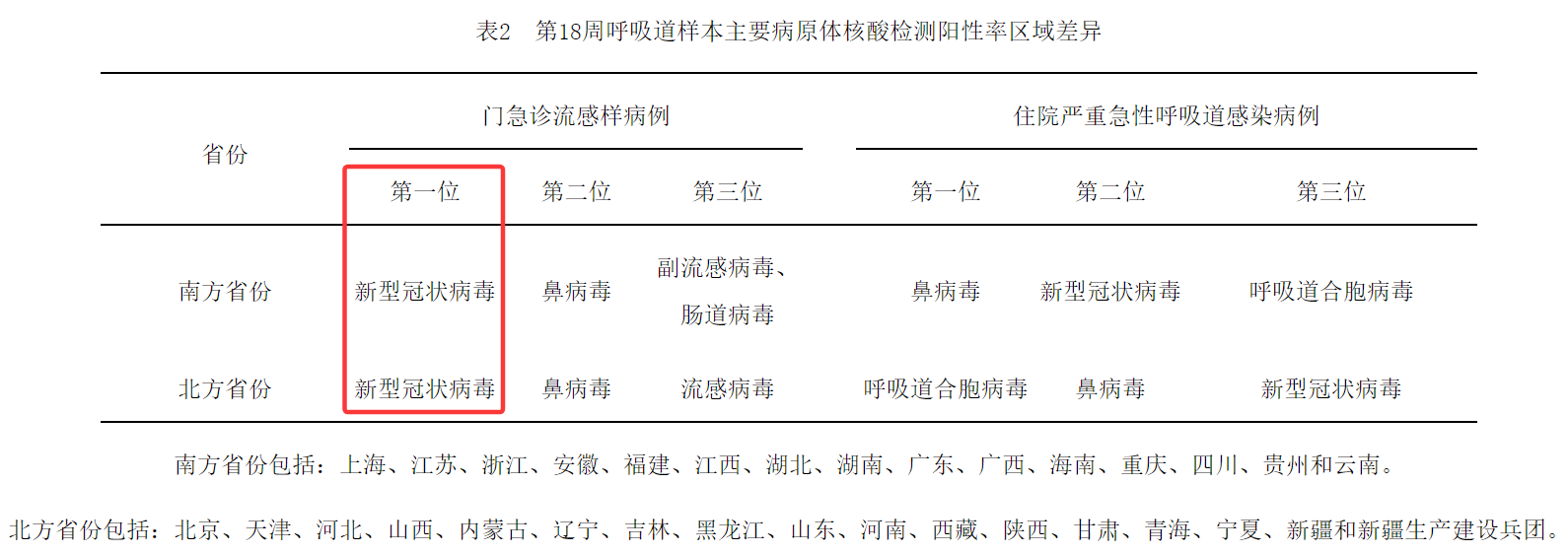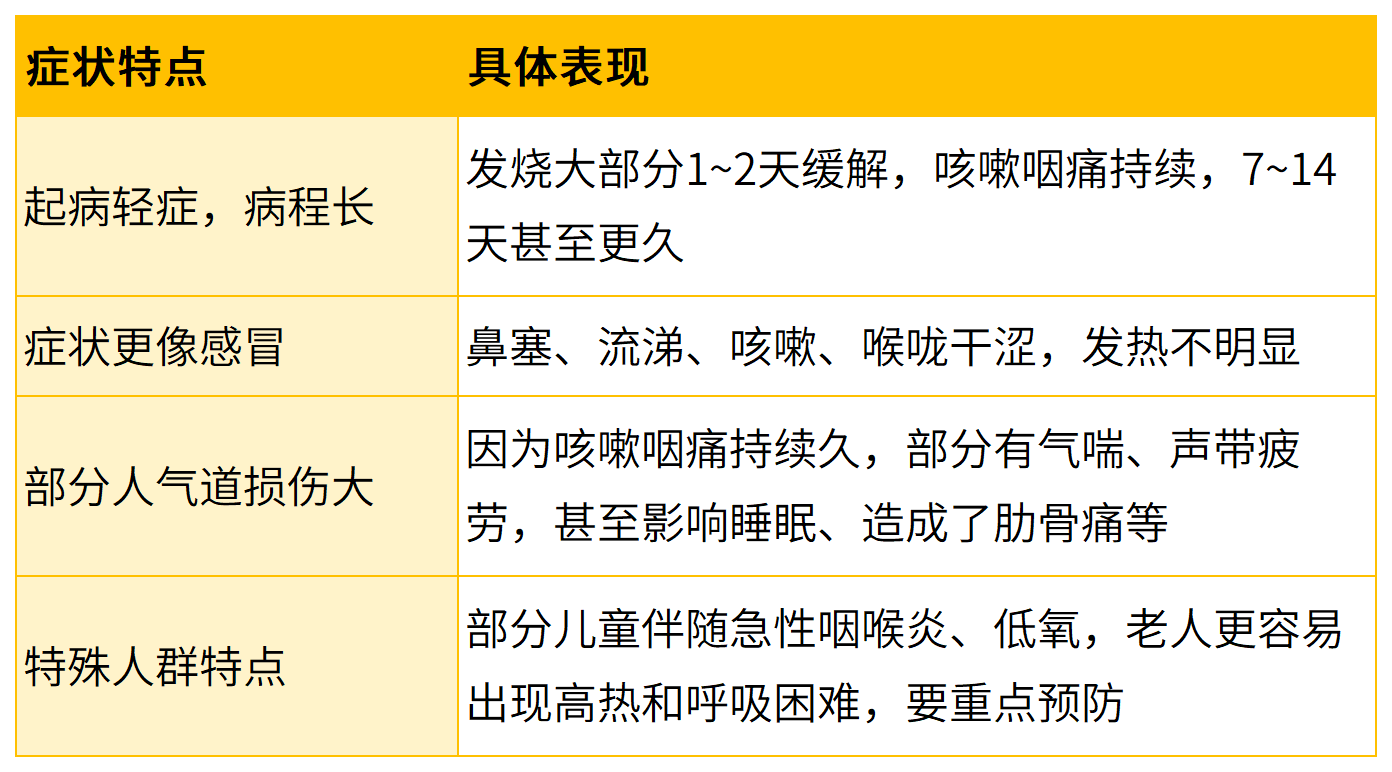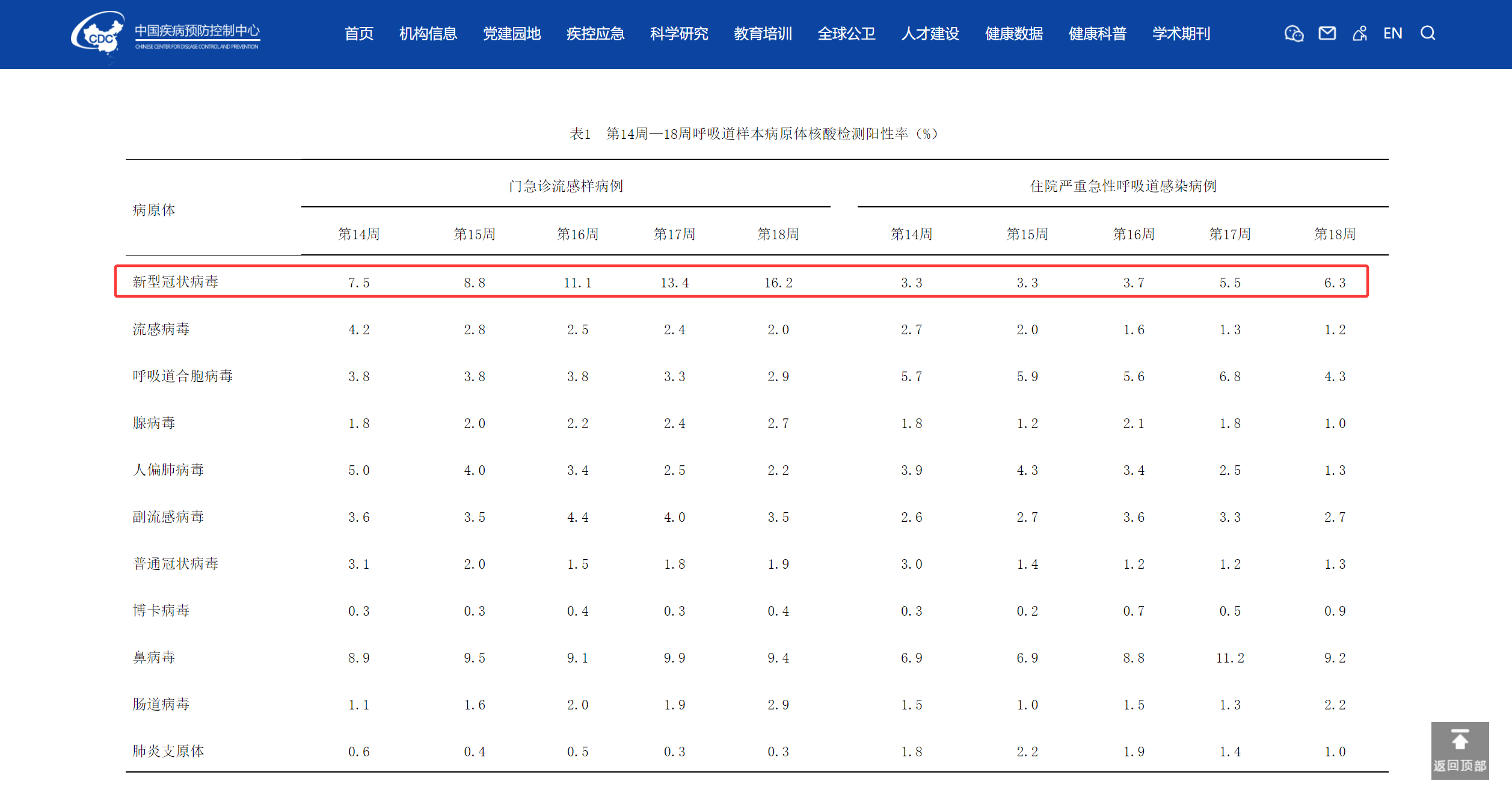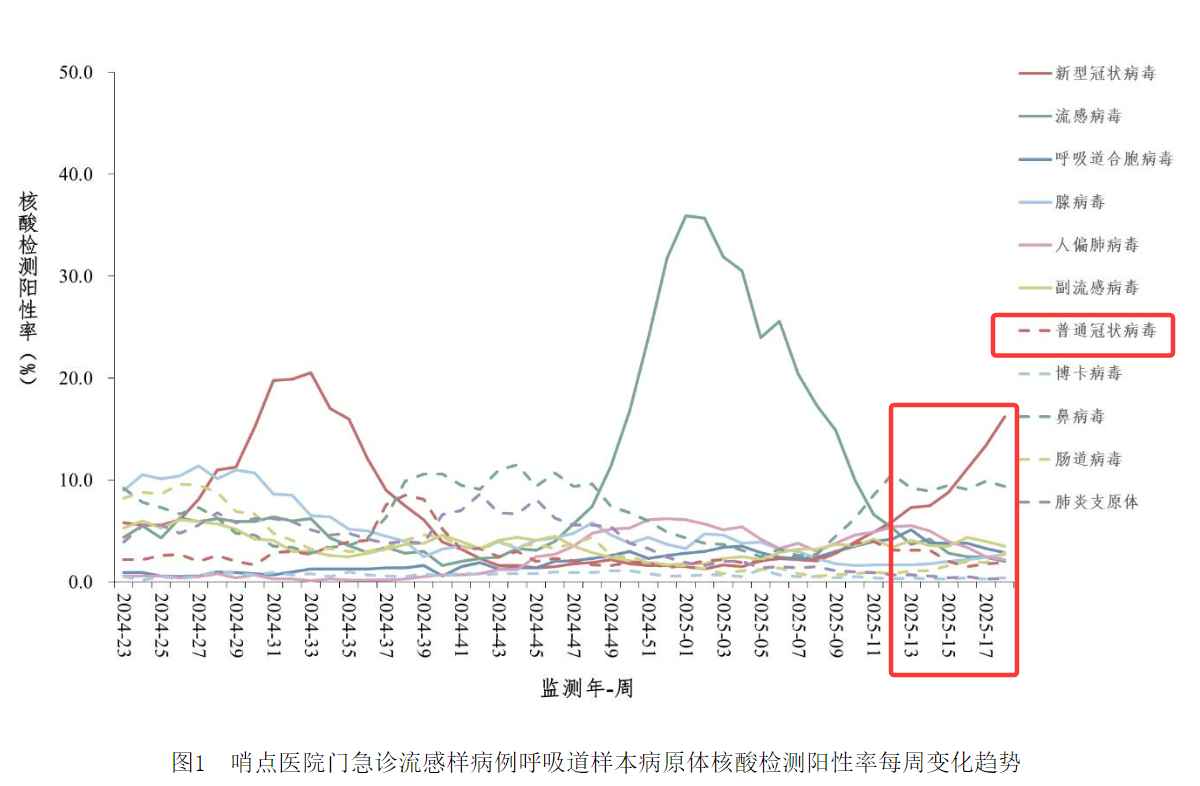You Think It's Cold Season, But COVID-19 Is Surging Again!
Is COVID-19 Making a Comeback? Beware of Respiratory Infections
 Latest Updates
Latest Updates
Have you noticed more people coughing around you lately? You might think it's just a common cold due to the seasonal transition between spring and summer, but the cough is getting worse. Then you take a test, and bam—it's positive again. Even the famous singer Eason Chan recently canceled his concert due to a COVID-19 infection.
That's right, COVID-19 is quietly surging again!
On May 8, the Chinese Center for Disease Control and Prevention released the national sentinel surveillance data for acute respiratory infections for April 2025 (Weeks 14–18, March 31–May 4).
The report shows that from Week 14 to Week 18, the number of influenza-like illness cases testing positive for SARS-CoV-2 in outpatient and emergency departments continued to rise, with the positivity rate increasing from 7.5% to 16.2%.
 Whether in southern or northern provinces, SARS-CoV-2 has the highest positivity rate among influenza-like illness cases in outpatient and emergency departments.
Whether in southern or northern provinces, SARS-CoV-2 has the highest positivity rate among influenza-like illness cases in outpatient and emergency departments.
From the nucleic acid test positivity rate chart, we can clearly see that the COVID-19 positivity rate is still rising and has not yet peaked.
Data source: China CDC
01 - Why Is COVID-19 Making a Comeback?
Over the past few years, the impact of COVID-19 seemed to be waning, with some even believing we had developed full immunity to the virus. So, what do experts say?
Virologist Chang Rongshan points out that this wave of COVID-19 may be linked to two factors:
Since December 2022, China has experienced overlapping epidemics of COVID-19 and influenza. Since March 2023, the intensity of COVID-19 waves has generally been lower than that of influenza, but the pattern of intervals has disappeared.
In February 2025, China experienced the smallest nationwide flu outbreak in three years, leading to a decline in population immunity and creating an opportunity for COVID-19 to resurge.
 At the same time, it has been over a year since the last wave (December 2023 to January 2024), and the protective antibodies from natural infection in the population have almost disappeared.
At the same time, it has been over a year since the last wave (December 2023 to January 2024), and the protective antibodies from natural infection in the population have almost disappeared.
Therefore, this resurgence of COVID-19 aligns with the basic principles of epidemiology. There’s no need to panic, but it’s important to remain vigilant and take precautions.
02 - What Are the Characteristics of This Wave?
The main variants driving infections are the XDV strain and its sub-lineage NB.1.8.1, which still belong to the Omicron family of SARS-CoV-2. They are "recombinant descendants" of the previously widespread JN.1 and XDE strains.
Clinically, the symptoms may differ from previous COVID-19 infections, often resembling a "severe cold."
 In terms of transmissibility, these variants are no less potent and may even have stronger immune evasion capabilities. So, whether you’ve been infected before or vaccinated, don’t let your guard down.
In terms of transmissibility, these variants are no less potent and may even have stronger immune evasion capabilities. So, whether you’ve been infected before or vaccinated, don’t let your guard down.
03 - Tailored Responses for Different Groups
While everyone is familiar with routine COVID-19 precautions, how can different age groups better tackle this wave?
Young Adults
Although you generally have stronger immune systems, you are also the most frequently infected group. High-risk scenarios include rush-hour commutes and poorly ventilated offices. Mask-wearing and ensuring good ventilation are essential.
The likelihood of persistent high fever or severe illness is relatively low, but respiratory symptoms may linger. Take good care of your respiratory health.
 Infants and Children
Infants and Children
In addition to COVID-19, rhinovirus and respiratory syncytial virus are also prevalent among children. If symptoms are mild, you can care for them at home.
However, seek medical attention promptly if symptoms like high fever, persistent fever, difficulty eating, abnormal breathing, or poor mental state occur. For very young infants with fever, see a doctor immediately. Since symptoms of these viruses often overlap, it’s hard for parents to self-medicate correctly, and improper handling can quickly worsen a child’s condition.
 Elderly and Those with Underlying Conditions
Elderly and Those with Underlying Conditions
For households with elderly individuals or those with chronic conditions like hypertension, diabetes, or other underlying diseases, keep antigen test kits, thermometers, and pulse oximeters on hand. Contracting COVID-19 isn’t the main concern; the worry is it triggering other complications. Monitor closely, detect early, and seek medical help promptly if anything seems abnormal.
24/7 grass-fed milk source from New Zealand
Precious Jersey cow colostrum added
Boosts Immunity
12,000mg of immunoglobulins per container (lab-tested)
Yeast β-glucan to activate the immune system
Nutrient-Rich
Supplemented with high-quality protein and natural milk calcium
Contains multiple vitamins
Easy Absorption
Prebiotics added to support gut health
Nutrients are easily absorbed, no worry about internal heat
→ 800g Large Family Size ←
One Jar for the Whole Family—More Convenient!







